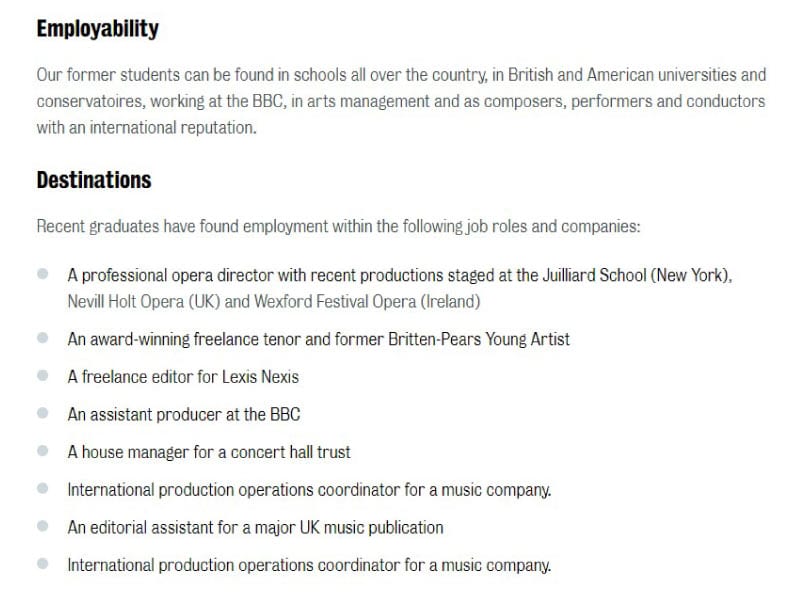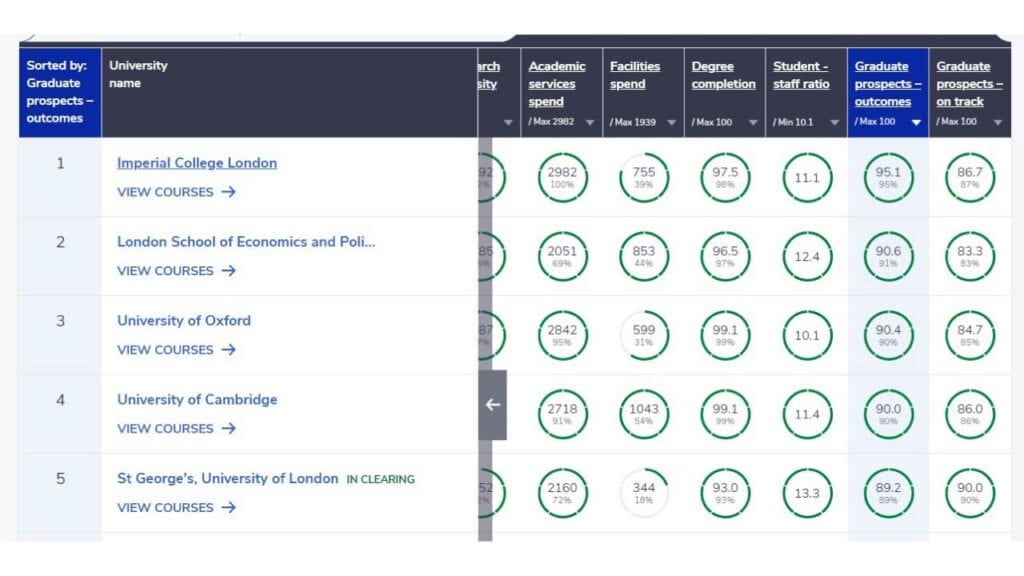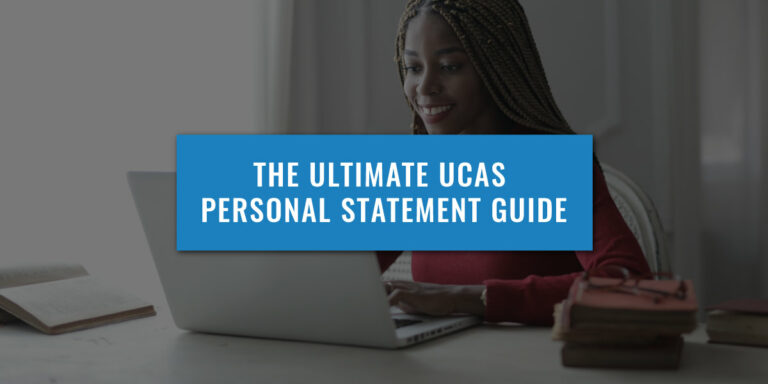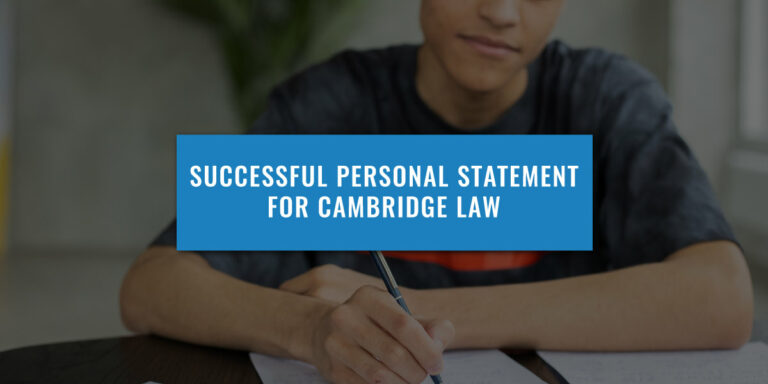With over 50,000 undergraduate courses to choose from in the UK, how do you make the right degree choice?
Following on from our previous article on How to Choose the Right University, we will now focus on helping you with your degree decision-making.
Choosing the right degree is an incredibly important decision. It will significantly affect your future as you’ll likely be studying the degree for 3 or more years and working in the related field for 40 years after graduation.
We have gathered the key considerations to make when deciding on your degree such as the course content, career prospects and school grades and subjects. Read on to support your degree decision-making.
What are the different undergraduate degree types?
Undergraduate degrees are most often Bachelor’s degrees which usually last three to four years of study. Studying for an undergraduate degree is a great opportunity for students to gain a deeper understanding of a subject and to explore the field in more depth.
Depending on the degree, there may be the opportunity for placements, including studying abroad for one year or working in industry after second year. For students applying for a STEM subject (science, technology, engineering, and mathematics), there will be practical elements incorporated into the degree such as laboratory research and fieldwork.
There are two common Bachelor’s degrees:
- BSc (Bachelor of Science)
- BA (Bachelor of Arts)
Other degree schools include:
- BEng (Bachelor of Engineering)
- BEd (Bachelor of Education)
- LLB (Bachelor of Laws)
There is also the option for a foundation year. These are not the same as a Foundation Degree (the academic equivalent of two-thirds of a Bachelor’s degree). The foundation year offers a helpful introduction to a degree which can be beneficial for students that are unsure whether they want to go to university, or for people who have been out of education for several years.
Start your Oxbridge application journey in the best way possible with effective support from our Oxbridge Tutors.
We help you craft the perfect Personal Statement, achieve a highly competitive Admissions Test score and teach you how to Interview effectively – covering all areas of your Oxbridge application, from History to Medicine.
Discover our Oxbridge Premium Programmes by clicking the button below to enrol and triple your chances of success.
University degree content
By this stage of your application, it is likely that you will have an idea of the field you would like to study so settling on a specific degree is an important next step.
A great way to choose which degree to study is by reading through the modules listed on the degree page of a university website. Identifying the particular optional modules that you can choose to specialise in will give you a good gauge if it is right for you. For example, if you would like to study a broad range of physical and biological sciences, you might decide on Natural Sciences at Cambridge. You may have particularly enjoyed studying genetics, populations, evolution and ecosystems during A-level Biology and would like to specialise in the Ecology module and Animal Diversity module in second year and then the Genetics module in years 3 and 4.
Teaching and Assessments
Making considerations solely on the course content is not enough, it is beneficial for students to consider the university teaching and assessment styles. Teaching style varies between universities with some mainly teaching through lectures and others placing importance on one-to-one tutorials. From school assessments, you might find that testing through exams is your forte compared to coursework assessments throughout the year.
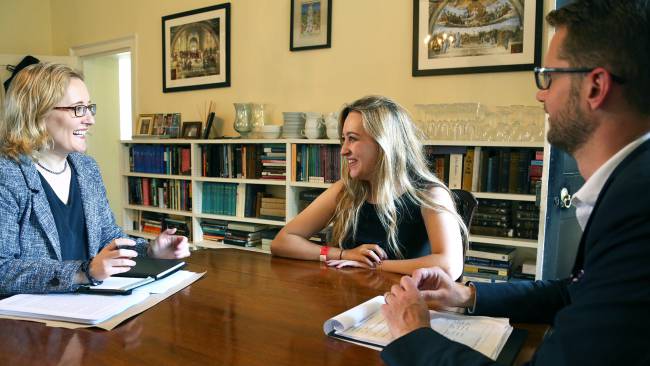
The style is important because if you really struggle with exams, then a university like LSE may not be right for you as assessments are heavily exam based. On the other hand, if you are better at longer written exams and more coursework, then Portsmouth might be more your thing as assessments tend to be 62% written exams, 4% practical exams and 34% coursework in the first year for subjects such as Economics.
If you are unsure about what to study at university but adamant that you will gain an undergraduate qualification to help with career prospects and developing skills, consider what you found interesting in school and where you would like to take your career in the future. For instance:
- You may have found Economics interesting at school and you might have noticed that some of the school work you enjoyed matches up with the modules covered at Oxford University.
- You have an idea of the career paths after university from researching or talking to teachers, friends and school guidance counsellors.
- You are set on working for Government Agencies, such as the Office of Fair Trading, so studying Economics and Management at Oxford with a focus on Economics of Industry could be right for you.
This leads us on to the next consideration when deciding on a degree, graduate career prospects.
Graduate career prospects
Going to university will unlock a lot of doors for you and it is never too early to think about what’s next. Find out where alumni have taken their careers and if it is a career that interests you. If you have any questions, contact the university to ask what their graduates tend to go into or if they stay on for postgraduate study. Attending open days is another way to find out more about the degree. Don’t be afraid to ask lots of questions to university students and admissions tutors.
Universities want to demonstrate to prospective students that their degrees will lead to careers in the industry. For example, King’s College London provides employability and career information for students who have graduated with Music (see below). Their graduates have gone on to become Assistant Producers at the BBC and Professional Opera Directors.
Websites like Prospects provide a good impression of a sector and career path with the qualifications needed to achieve this role. For example, to become an Environmental Consultant, you should aim to gain qualifications in Environmental Management or Ecology and Wildlife Management. Use the Prospects job profiles to gain an idea of what qualifications are required to reach your future career.
The employability of a degree and university is important and it can be compared between universities on league tables such as The Complete University Guide. As you can see from the table below, Imperial College London takes the top spot for graduate prospects outcomes (success of graduates after leaving university) with Oxford and Cambridge claiming third and fourth places.
Teaching Excellence Framework (TEF):
TEF was introduced by the Government in England to recognise and encourage excellent teaching in universities and colleges. It is used to help applicants choose where to study by supplying students with information on the standards of learning, teaching and student outcomes. Universities are rated as either gold, silver or bronze.
Access "The Oxbridge Application Vault"
- 300+ page ebook for Oxbridge Applicants
- 25 page ebook for Personal Statement
- 2h+ online course to succeed in any exam
- Online Oxbridge Success Calculator
- 12 page ebook about UniAdmissions
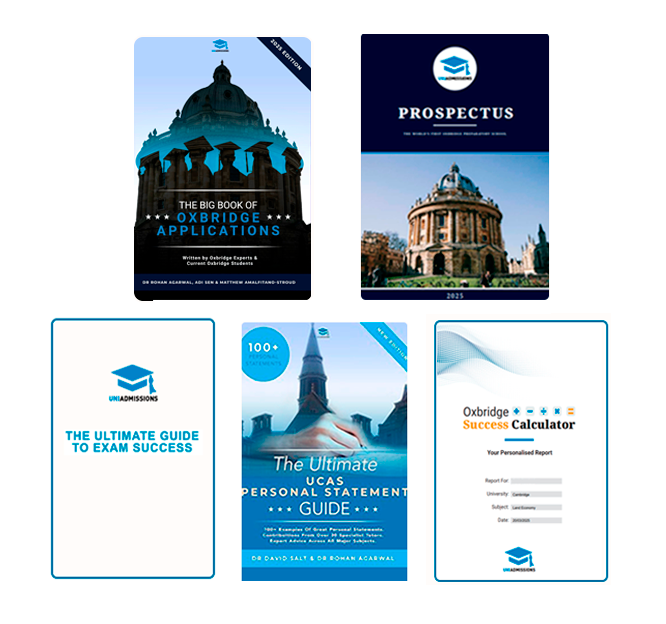
Access "The Big Book Of Oxbridge Applications" For FREE
If Oxford of Cambridge offers the right degree for you, The Big Book Of Oxbridge Applications is available here for free and will help you get your dream offer! Through over 350 pages, you will find:
- 28 example Oxbridge Personal Statements
- Over 40 admissions test practice questions
- Interviews with Oxbridge students and graduates
- Additional downloadable resources
Fill in your details below to claim your digital copy today!
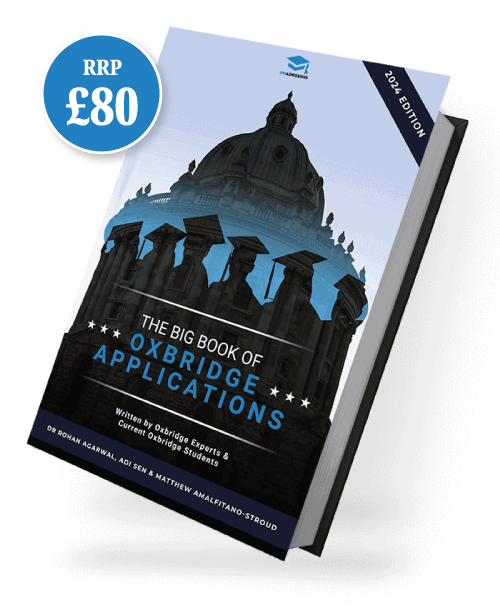
Choosing a degree based on School grades and subjects
Being realistic with where you are applying is key. If your grades are much lower than the entry requirements, then it is sensible to apply to a university that is more in your capability. We are all for aiming high but if you are receiving BBB and the course asks for A*AA, then it is better to be safe with your 5 UCAS choices and apply in your means.
Of course, if you do end up achieving higher grades than you were expecting (congratulations!), there is a chance to adjust to a university that is asking for higher grades.
Using A-levels as an example, your grades will need to align with the university’s degree requirements, especially at more competitive universities. If we use the Natural Sciences example again, Cambridge requires their applicants to have A-levels in at least two sciences and achieve an A* in both. They suggest that most students apply with three sciences or maths which does not include psychology.
These are the common A-level combinations that students apply with for Natural Sciences:
- A-level Biology, A-level Chemistry, and AS Level Mathematics or Physics
- A-level Chemistry, A-level Mathematics, and AS Level Biology or Physics
- A-level Physics, A-level Mathematics and AS Level Further Mathematics
Students who don’t have an A-level in maths are required to complete preparatory work before the start of the Natural Sciences degree and take Mathematical Biology as the mathematics subject in first year.
If you are worried about your grades, then applying to university strategically is an option. Using Keele Medical School as an example, the admissions tutors do not use predicted grades as part of the initial screening of candidates. The only requirement is that applicants achieve a UCAT score within the top 8 deciles. If you are applying for a very competitive degree with good grades but are worried about Admissions Tests, try to find a university that places more weight on the area of the application that is your strongest, such as higher grades over a good Admissions Test score.
Make sure you read through our comprehensive guide on Which Admissions Test do I need to take? There is more to just achieving the right A-level grades, competitive universities often use Admissions Tests to differentiate between their candidates as students applying will be achieving top grades.
Choosing the right degree conclusion
From everything we have covered in this article, we have put together a final step-by-step approach for choosing the right degree.
- Firstly, consider the type of degree you would like to apply for, whether it is a BSc or a BA.
- Next, research and review the different course pages on university websites to identify what course content suits you or you think you might enjoy studying.
- Look at the university's suggestions of graduate prospects to see if you find these career paths interesting and attractive to pursue. Check league tables as well for graduate statistics.
- Consider your personal academic performance, your grades may not be high enough for a particular degree so it may not be a realistic option for you.
- If the course is incredibly competitive, consider applying strategically to give yourself the best chance of being offered a place on the course.
- Lastly, use all of the suggestions above to generate a shortlist of degrees and then go back and review your options. Give yourself plenty of time and ask questions to students and tutors at open days, do not rush this huge decision.
Ensure you choose a degree that captivates you, a course that keeps you motivated to study and makes want you to learn as much as you can.
Looking for application support to receive your dream university offer?
We help you craft the perfect Personal Statement, achieve a highly competitive Admissions Test score and teach you how to Interview effectively – covering all areas of your university application.
Discover our University Premium Programmes by clicking the button below to enrol and triple your chances of success.

